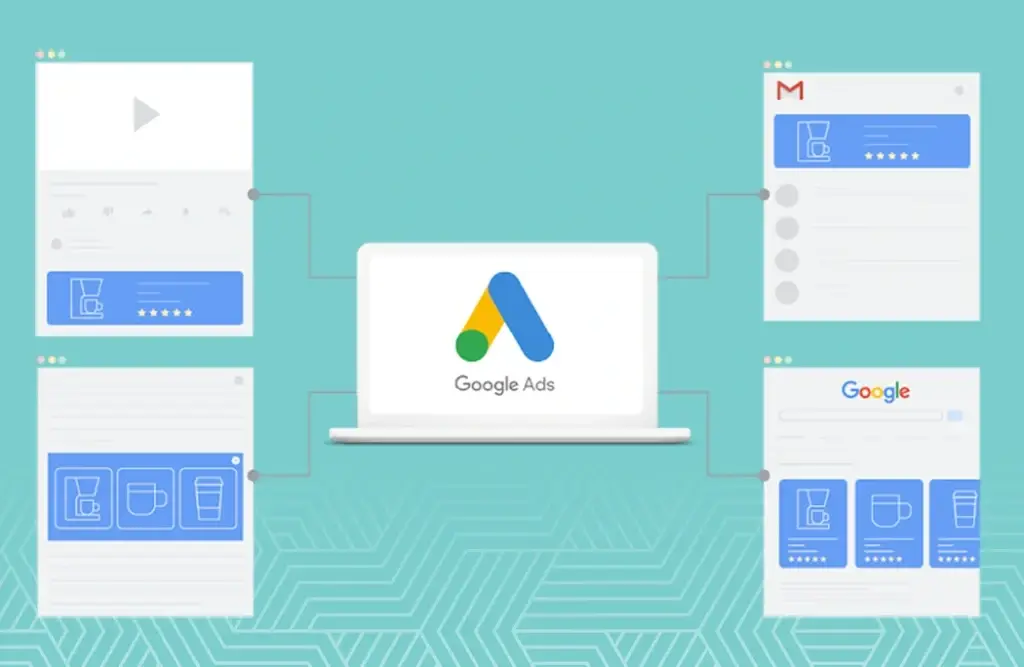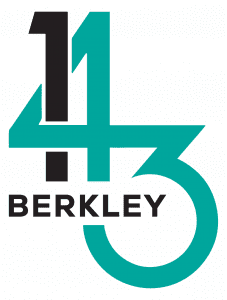As a small business owner, it’s easy to see Google Ads as a magic solution to get more customers in your door and make your phone ring off the hook. After all, it’s one of the most widely used advertising tools. But the reality? Google Ads is equally an art and a science. While it can be incredibly effective, it’s not always a one-size-fits-all answer—especially for businesses working with smaller budgets and limited resources.
We know this isn’t the answer some of you want to hear. So, in this blog, we’ll dive into why Google Ads might work for your business, and what to keep an eye on before you jump in. Plus, if Google Ads isn’t quite the right fit, we have some suggestions for grassroots marketing strategies to help you grow without blowing your budget.
What Are Google Ads, Really?
Google Ads, the most well-known iteration of pay-per-click (PPC) advertising, allows businesses to bid on keywords relevant to their services. Your ads appear when someone searches for those keywords, and you only pay when someone clicks on your ad (an action called a conversion). This sounds great on the surface—getting seen by potential customers when they’re actively searching for what you offer—but we’ll get into some details to keep in mind after we talk about the benefits.
The short version: Google Ads works best when you’ve got the resources to optimize ads regularly and play the long game. If you’re hoping for an immediate flood of phone calls after launching a small campaign, it might not be that simple.

Why Google Ads Could Be a Game Changer for Your Business
When executed well, Google Ads can boost visibility, increase sales, and build brand awareness. Here are some reasons why:
1. Reach People When They’re Ready to Buy
Google Ads help you show up right when someone is searching for what you sell. This makes it one of the most powerful tools for turning searchers into customers.
2. Target Specific Locations
You can narrow down your audience based on geographic location, so your ads only show to people who are near your business or in regions you service.
3. It’s Faster Than SEO
SEO takes time to build organic search rankings, but Google Ads can help your site/landing page get visibility on searches almost instantly.
4. Measurable and Scalable
You can track every click and conversion to see how well your ads are performing, adjusting your budget or approach as needed.
5. Build Brand Awareness
Even if someone doesn’t click on your ad, they’ve still seen your brand in search results, which helps build familiarity. The rule of thumb is 7-11 views of your brand or message greatly increase the chances of a conversion.
But It’s Not All Smooth Sailing
While Google Ads can bring a lot to the table, it’s important to know that it’s not a magic bullet. We don’t want to rain on your parade, but we can sympathize with SMB owners working with limited resources and budgets. Here are some potential roadblocks to consider:
Cost
Google Ads isn’t cheap, and the more competitive your industry/geographic area, the higher your cost-per-click. For example, industries like legal services, insurance, and finance can see costs as high as $50 or more per click.
Website Readiness
A two-page website might not cut it if you’re running ads. Your site needs to be optimized to convert visitors, which often means having well-structured landing pages, more content for SEO, and a clear call to action.
Ongoing Maintenance
Google Ads isn’t a “set it and forget it” kind of tool. To get the best results, you need to regularly tweak your campaigns—adjusting keywords, bids, and targeting to keep your costs down and results up.
Generally, small-to-midsized companies will spend $9,000 - $10,000 per month on Google ads, which doesn't include additional costs, like software and design.
Are Google Ads Right for Your Small Business?
A Quick Checklist:
For your consideration, take advantage of our short checklist to set yourself up for success before diving into Google Ads:
- Budget: Are you prepared to allocate a significant portion of your marketing budget to ads? Do you know your typical cost-per-lead, CAC/CPA, etc. Depending on your industry, you may need to spend several hundred to thousands of dollars per month to see meaningful results.
- Website: Is your website optimized to handle traffic from paid ads? You’ll need well-designed landing pages, clear messaging, optimized forms/check out, and quick load times to keep visitors engaged and convert them into customers.
- Patience: Do you have the patience to continuously refine your campaigns? Success with Google Ads often comes from testing and adjusting over time.
- Content: Does your site have enough content to support both paid and organic traffic? A lack of content could hurt your ability to rank well in both paid and organic searches.
- Industry: Is your industry already flooded with competitors running Google Ads? High competition means higher costs, so be sure your budget matches the level of competitiveness in your field.
Again, we’re not bringing up these factors to deter you from Google Ads. As a fellow small business, we’re looking to equip you with all the information so you can make the best decision for your own company.
What If Google Ads Isn’t For You? Try Grassroots Marketing Tactics
If Google Ads seems too overwhelming or out of your budget, there are other ways to drive growth. (Honestly, even if you’re launching a Google Ads campaign, these approaches are still impactful). Here are some grassroots strategies to consider:
1. Leverage Social Media
Post regularly on platforms where your customers spend time (that’s right, you don’t need to be on every platform!). Building a social media presence is free and helps create a loyal community.
2. Get Involved Locally
Sponsor local events, run small promotions, or collaborate with other local businesses to increase visibility without spending big on ads.
3. Email Marketing
Build an email list of customers and prospects, and keep them engaged with regular updates, promotions, and valuable content. Just make sure they’ve filled out a form or otherwise opted into marketing communications from you.
4. Referral Programs
Encourage word-of-mouth referrals by offering incentives to existing customers for bringing in new business.
Want More Guidance?
If Google Ads feels like a big decision, we get it. Whether this approach is the right fit for your small business or if you’re looking for grassroots marketing strategies, the key is to choose a strategy and tactics that work with your resources and goals. If you’re unsure where to start, we’re here to help you explore all the options.
Reach out to us to discuss a tailored marketing plan to meet your business, budget, and growth goals.
Let’s make your small/mid-size business the next big thing!



